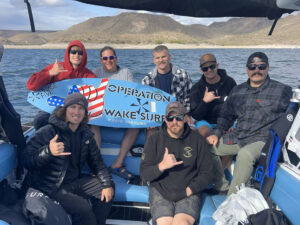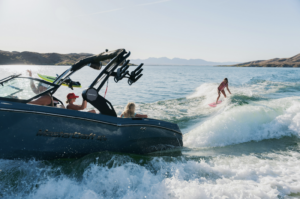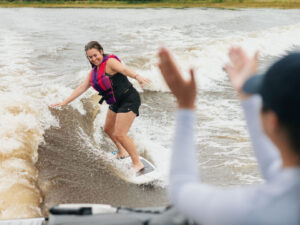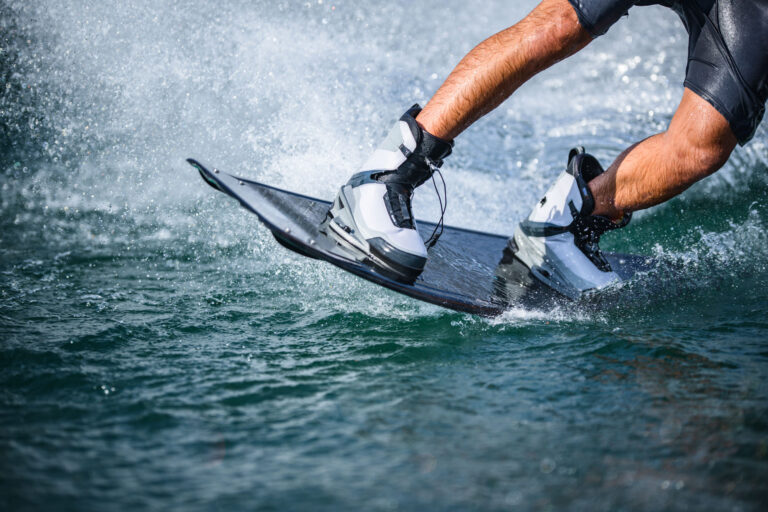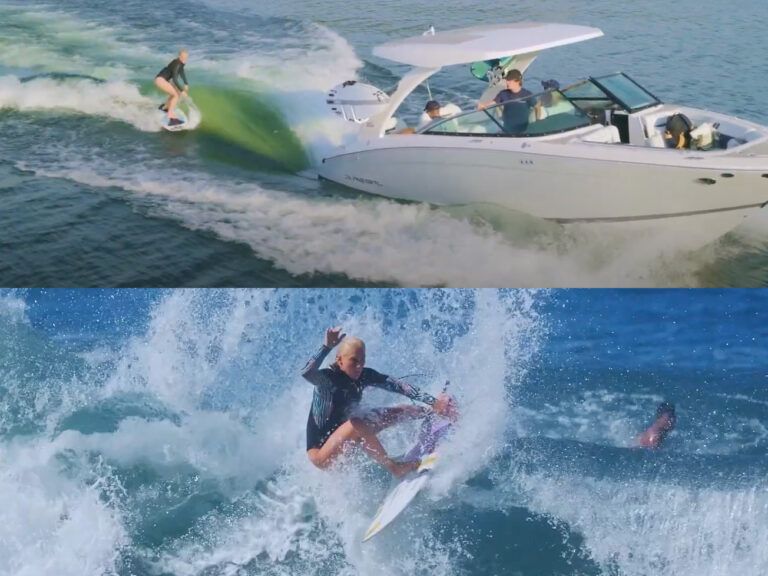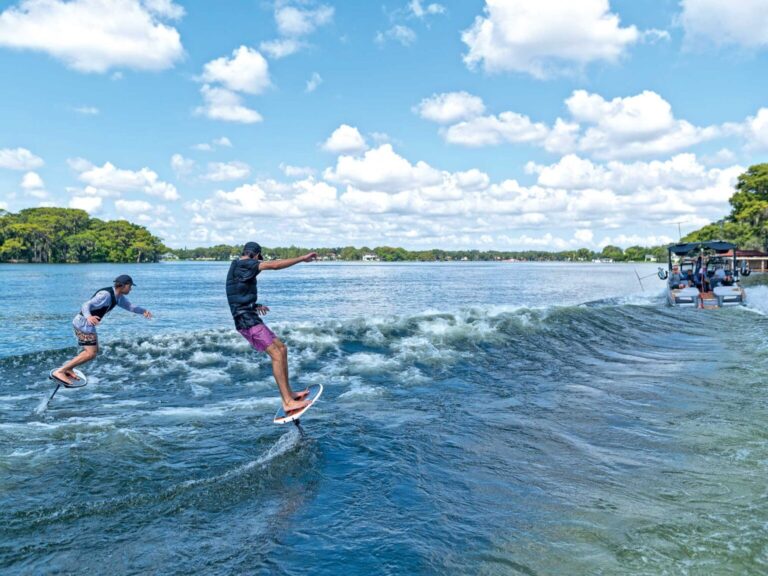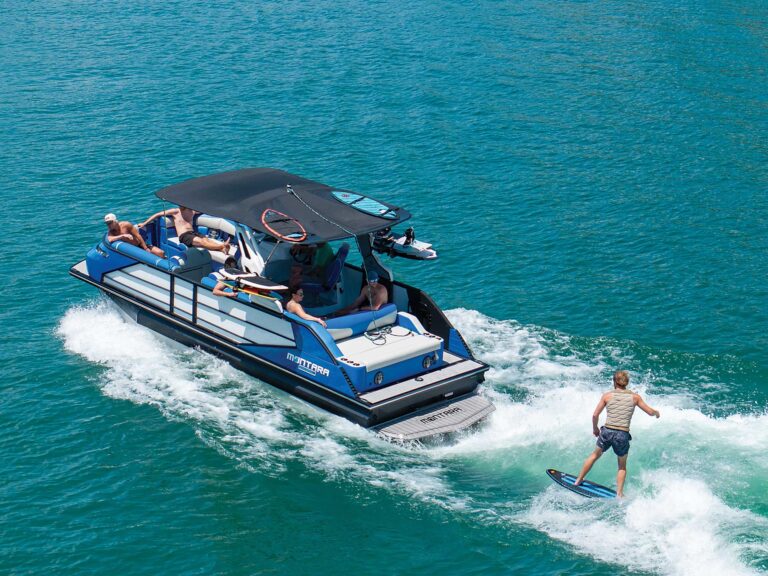The U.S. Coast Guard’s National On-Water Standards (NOWS) Program grant management team and the American Boat and Yacht Council (ABYC) are pleased to announce new national standards for recreational boating safety that educators can use to ensure the quality of their courses. These National On-Water Standards give boating educators national quality standards for providing skills instruction in recreational powerboat, sailboat and human-propelled craft, such as stand-up paddleboards, kayaks, canoes and row boats.
The NOWS describe what recreational boating skills to instruct and how best to instruct them. They are designed to help boaters have the best experience possible when learning to operate a recreational boat; and also, to help ensure students across the country learn a common fundamental set of skills associated with safely operating a recreational boat regardless of where they take the course.
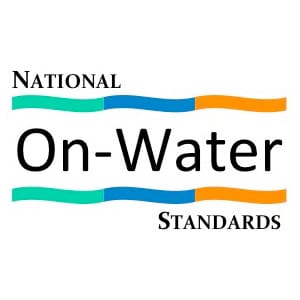
“Most of us know someone who had a difficult first-time experience on the water and never went back to boating. The standards, now available to boating safety educators, will help give boaters the skills and experience they need to be more comfortable and confident about their readiness to safely operate a recreational boat and enjoy themselves on the water,” said Jim Muldoon, NOWS Program Oversight Committee Member
The public can have confidence in the new national quality standards. They are the result of one of the largest studies ever conducted on safe boating skills. This seven-year project involved over 900 expert recreational boating instructors working with hundreds of beginner-level boaters. The experts developed and nationally field-tested the four quality standards a total of more than 600 times to determine the priority of the skills to teach and the best approach for teaching them.
People interested in learning to safely operate a recreational boat, or just brush up on their skills, are encouraged to choose course providers displaying the NOWS logo, which shows that a provider is following the National On-Water Standards for what skills to teach and the approach used to teach them.
For more information please visit boatingsafetymag.com for a list of education providers following the national standards for boating skills education. Be sure to only choose a boating education course that is following the National On-Water Standards.
National boating education associations have also begun the process of adopting the standards. US Sailing, American Sailing Association, US Powerboating, and the American Canoe Association (ACA) for example, are reviewing their beginner-level programs to ensure they follow the new standards. Subsequently, more and more of their member organizations and schools are building the standards into their local courses and use of the standards is becoming the new norm for course providers everywhere.
About the National On-Water Standards (NOWS) Program
The National On-Water Standards (NOWS) Program is a collaboration initiative led by a diverse group of 27 volunteer Subject Matter Experts from many different recreational boating organizations across the recreational boating community. Funded in part from US Coast Guard Grants awarded to US Sailing, and facilitated by a professional facilitator, the purpose of the NOWS Program is to help raise the overall quality, consistency and availability of recreational boating entry-level skills instruction throughout the United States. It does this by developing national standards, tools and other resources education providers can use to design and deliver on-water instruction that trains people to operate recreational powerboats, sailboats or human-propelled craft. The ultimate goal is to increase the level of safety and enjoyment recreational boaters experience on our nation’s waterways… saving lives in the process.
